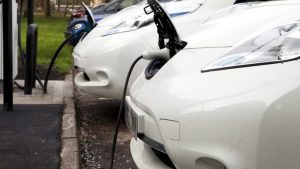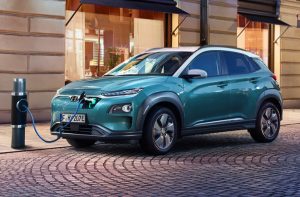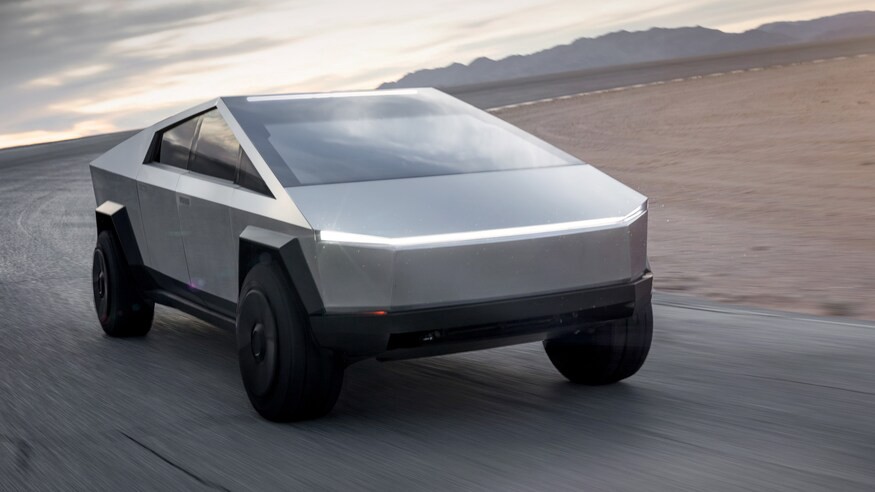
- 1 view
By APH
The motor car is by far the most important form of transport in the UK today. Public transport and cycling advocates might not like the fact, but 35.5 million cars are registered to drive on British roads; that’s more than one for half the country’s population. So, while it seems the British love affair with the “motor” is well established, one way out of the pollution problem this causes is a move towards electric cars. These vehicles allow personal freedom, which people seem to value so much, without many of the environmental consequences. With talk of a surge in popularity of electric vehicles (EVs), what exactly is the state of play in the UK today?
Electric cars as a share of the market

Firstly, a word of caution on electric car market statistics. Although it is indeed true that electric cars are more popular in the UK than ever before, it’s best not to get our hopes up; that is a very low bar. Out of the 35.5 million registered cars, only 128,500 of these were “pure” electric, plug-in only vehicles, as of May 2020. That is a percentage of 0.00036%. With plug-in hybrids (PHEVs), this figure rises to 315,000, or 0.00089%. With more than 99 percent of the rest of Britain’s vehicles expelling noxious chemicals from their exhausts, this can indeed seem like a drop in the ocean.
However, as the old saying goes, statistics can be made to prove anything. While the raw figures on EV ownership might seem pitiful, that trend that is so often talked about is actually true, and a positive sign for those who want to see the UK hit its target of net-zero carbon emissions by 2050, which will be helped hugely by electric car emission statistics. In terms of new registrations, which is perhaps a more important figure than just current ownership, electric cars make a much better showing; here, we see pure electric cars making up 6% of the market and pure plus PHEV vehicles a healthy 10%. That a tenth of all new cars making it to British roads are nonpolluters can be viewed in a very positive light indeed.
Electric car market statistics during the lockdown

Of course, in terms of facts about electric cars, the pandemic and lockdown have had a massive impact on the car market in recent months; but there is no reason to assume that, when circumstances return to “near normal,” this should make people more likely to want petrol or diesel cars over electric versions. In fact, combined with the UK government’s green incentives and grants (powered by electric car emission statistics), perhaps the virus’s scare might push people towards wanting a greener future for their kids, rather than the decidedly unhealthy past and present.
For statistics on electric cars sales UK certainly, the first half of 2020 was good for sales of EVs and PHEVs, at least in terms of market share (the total car market declined by 35% from the same period last year). The last month of the half-year, June, witnessed a jump of 262% in registrations of pure EVs compared to the same month in 2019; for PHEVs, this increase was 117%. The only other increase in market share was in non-plug-in hybrids, which grew by 19%; after that, petrol engine car sales fell by 40% and diesel by a huge 60%.
Obviously, these are extraordinary times, but one of the facts about electric cars is that investing in a new car is still a significant course of action for anyone to take. If there are any signs of trends in the market to be taken from this lockdown period, they should be ones of significant progress for electric cars, whether pure plug-ins or plug-in hybrids.
Longer-term trends and statistics

Before the lockdown hit in March, electric car market statistics showed healthy growth year on year. From a low of about 500 EVs registered per month in the first half of 2014, the average monthly buy-in up to April 2020 was a much more impressive 8,300 – a growth of 2,210% since 2014. In fact, just before lockdown, sales for March this year were 10,600.
One of the interesting facts about electric cars is that there are two annual spikes in electric cars’ sales every year; in March and September. To put the annual growth into perspective, 2019 was a very healthy year for EV registrations; the March spike peaked at nearly 4,000 new cars, a more than 500 on the previous year. From March onwards, new registrations grew faster than at any previous year since 2016, and when the September peak came, sales were at nearly the 8,000 mark; that compared to just over 2,000 the previous September.
If last year’s growth in registrations is one of the most impressive statistics on electric car sales in the UK, however, 2020 is looking like an even better year; and may still prove to be so, despite the huge slump since April. That impressive 10,600 achieved In March, obviously, dropped dramatically from April, but figures for June show the trend shooting right back up towards the 9,000 mark. Assuming another spike in sales in September 2020 should break a lot of records in terms of new registrations of EVs; that despite a massive fall off to around the 2,000 level in April to May.
Best-selling models of electric cars

In terms of statistics on electric car sales in the UK, it is undeniable that electric cars’ popularity has been boosted considerably by the arrival of the hybrid, especially the plug-in hybrid (PHEV). Although not necessarily the best vehicles in terms of emissions, these vehicles have spurred designers and manufacturers into expanding their ranges of pure EVs. The most popular body type by far for 2020 is the small SUV crossover, for example. As these are the nation’s favorite cars already, combining their popularity with electric technology is a win-win situation for makers, customers, and the environment alike.
Leading the way in popularity is a PHEV, the Mitsubishi Outlander. This has sold 46,000 units up to March 2020. This is followed by the established favourite, and the original pure EV – the Nissan Leaf. This model has shifted 31,000 vehicles so far. The third most popular is the plug-in BMW 330e; indeed, BMW has three models in the best selling top 6.




